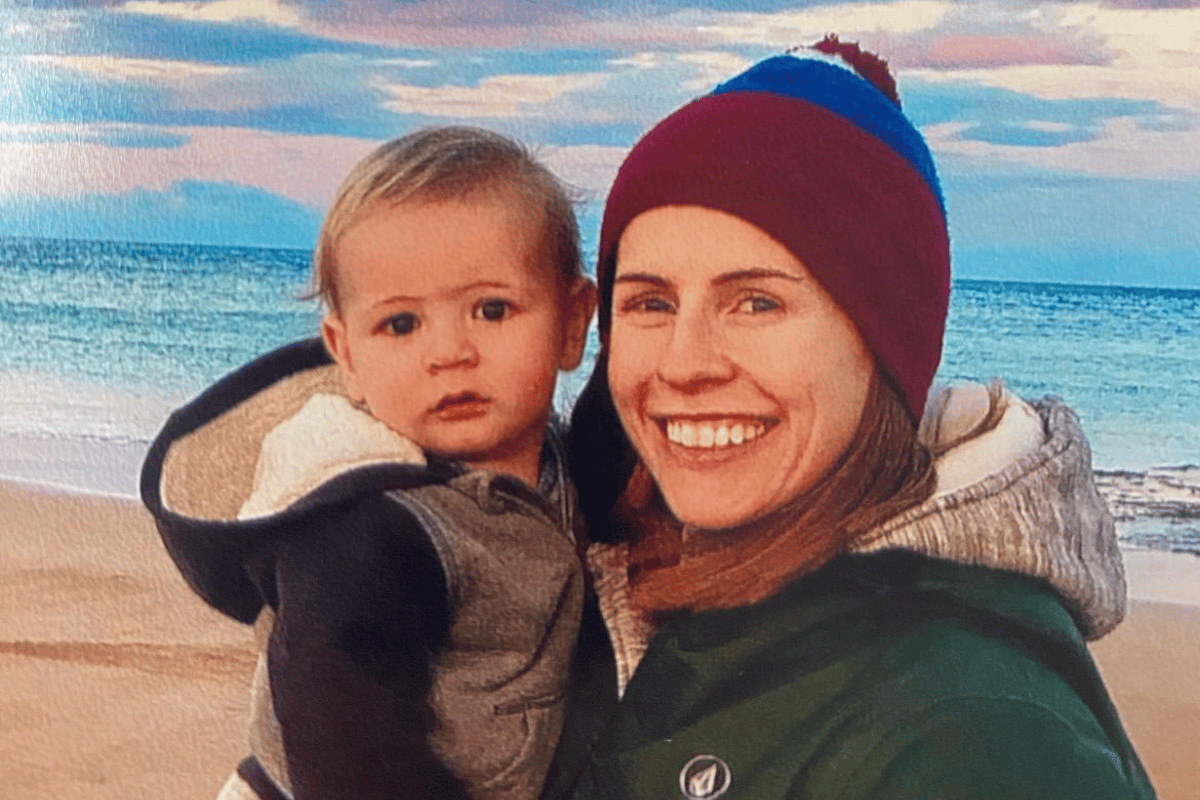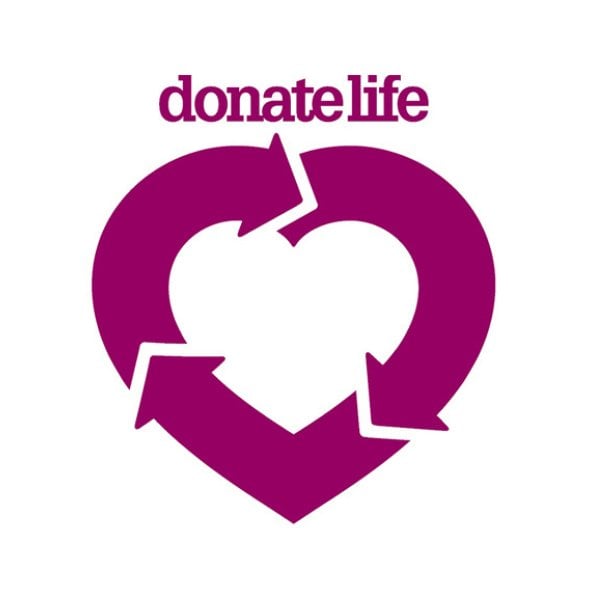

In 2018, Edwina Symonds and her husband Ant were told their 10-month-old son Sebastian ('Seb') wasn't going to make it home. It was completely, shattering news for the couple.
Seb had a very rare genetic disorder, and it was a catastrophic seizure that meant his brain died before his body. This gave doctors the small window needed for organ donation to be raised, Edwina explains to Mamamia.
"Although we were in the depths of sudden grief, we wanted to save lives from this tragedy, and it was a decision we made very easily."
Only two per cent of people who die in hospital each year can be considered for organ donation. Edwina says she feels thankful Seb's kidneys gave someone new life.
"I always put myself in the shoes of the other family who received that call to let them know their loved one was going to survive thanks to Seb's donation. That changed someone's life, and that is so incredibly special," says Edwina.
Currently, 1,800 Aussies are on the waitlist for an organ transplant, with an additional 14,000 people on dialysis who may need a kidney transplant. So the more organ donors we have – the better.
Amazingly, one organ donor can save the lives of up to seven people, and help many more through eye and tissue donation. As Edwina says: "It's the best gift you can give. Especially during DonateLife Week (Sunday 23 to Sunday 30 July). It's crucial to tell your family you want to be a donor – someone's life may depend on it."
